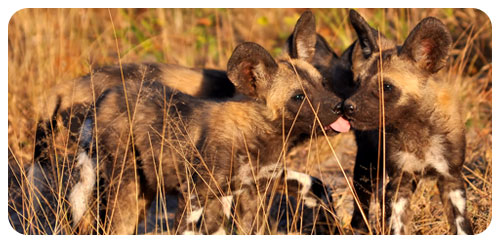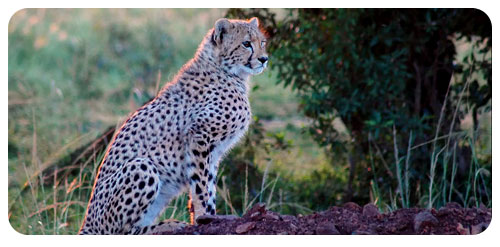Medical
Medical
Care
Medical services
in the larger centres in South Africa are readily available. Doctors
are listed under "Medical", hospitals under "H",
in all telephone directories. Visitors are advised to secure medical
cover on their medical insurance before arriving in South Africa as
there is no established national health and welfare scheme in the country.
Major hotels may have contracts with physicians and dentists. Visitors
are advised to bring any supplies of specialized medication they may
require with them. Medication may be purchased at pharmacies, and emergency
pharmacies are open all night in the larger centres. Remote areas are
not well served.
Immunization
No international
immunization is needed when entering South Africa. The only inoculation,
requirement is a yellow fever vaccination certificate from travelers
entering South Africa within six days of leaving an infected Country.
Visitors who travel through or disembark in these areas are advised
to be inoculated against the disease before visiting South Africa.
Some areas in Zululand are subject to malaria. Before entering these
areas persons are advised to consult a doctor or pharmacist to obtain
the necessary medication. See 'Malaria' pages.
Health
Hazards
Malaria: The disease is
largely but not completely under control in South Africa; still risky
regions are the Northern and Eastern Transvaal, Northern Natal and Zululand.
if you're planning to visit one of these areas, embark on a course of
anti-malaria tablets before starting out. Tablets are available without
prescription from local pharmacies. Note that some strains of this disease
are becoming immune to chloroquine (the most common anti-malarial drug)
so rather use a substitute prophylactic.
Warning signs :
The symptoms of Malaria are similar to flu and include ;
headaches - fever - muscular and joint pains - nausea - diarrhoea -
fatigue
Precautions :
In addition to taking prophylaxis, visitors to high risk areas should
take further precautions including :
avoid being outdoors between dusk and dawn - wear long sleeves, trousers
and socks - apply mosquito repellant every three to four hours - keep
doors and windows closed unless screened - use insecticide spray, especially
in the sleeping area - use mosquito coils and mats and sleep under a
mosquito net, preferably impregnated with and insecticide registered
for this use
Bilharzia
Also known as schistosomiasis,
this debilitating waterborne disease is caused by a parasitical worm
common in the lower-lying northern and eastern regions. Be circumspect
about swimming in rivers and dams unless the assurances are clear that
they are Bilharzia free. Bilharzia is not present in swimming pools
or the sea.
AIDS
Although the incidence
of full-blown Aids in South Africa remained low during the early 1990s,
the disease is likely to reach critical proportions. The risk of contracting
Aids, however, is no greater here than in any other country, provided
that the standard and well-publicized precautions are taken. Unprotected
sex is dangerous and irresponsible. Condoms readily available.
Bites
& Stings
South Africa has its fair
share of snakes, spiders, scorpions and sundry stinging insects, but
surprisingly few travelers, even those on safari, suffer serious attack
or even discomfort. However, those holidaying in the bush, or on walking
trails, should obviously be more wary, and follow the advice of their
ranger or group leader. For protection against ticks (the small red,
hard-backed one can transmit tick-bite fever which is easily treated),
wear long pants on walks through long grass; apply insect repellant
to bare legs, arms and clothing. Bayticol (available at most bushveld
Lodges) or Deet preparations.
Emergencies
The national number for
an ambulance is 10177; for the police flying squad, 10111
|





